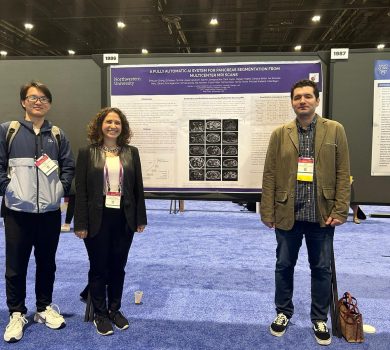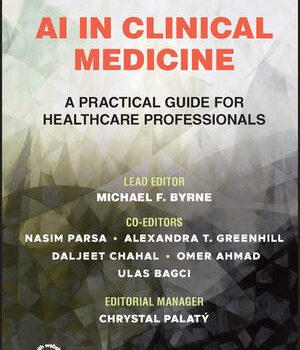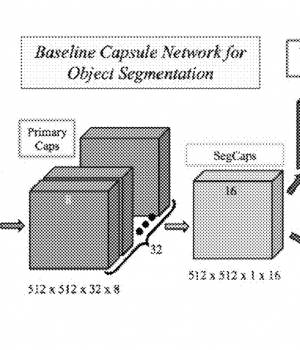
July 9, 2024
Dr. Bagci has given an invited Talk at Wake Forest University School of Medicine on July 9, 2024!
Dr. Bagci gave an invited talk at Wake Forest University, hosted by Prof. Metin Gurcan. In this talk, titled “Trustworthy AI for Imaging-based Diagnosis”, he focused on the failures of deep learning / AI algorithms and proposed several approaches to increase robustness of AI powered medical imaging systems.


















